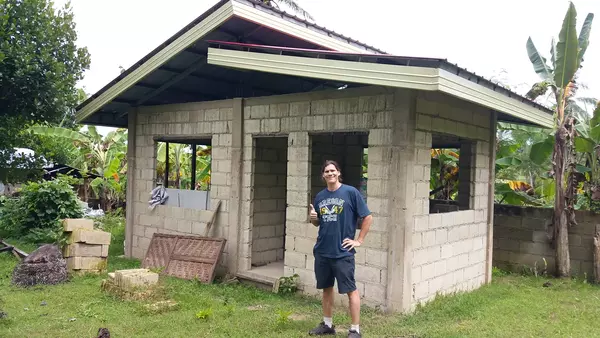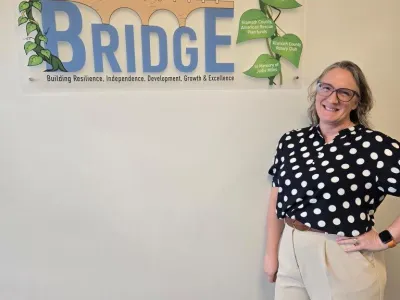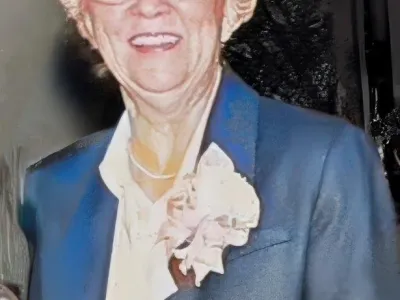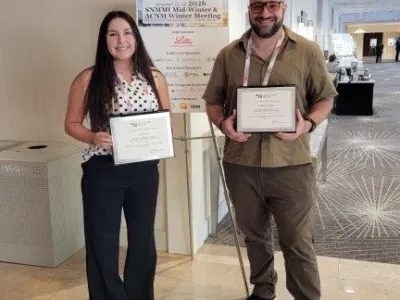
A student from Oregon Tech’s Portland-Metro campus in Wilsonville traveled to Cebu Philippines to help install solar panels in areas impacted by Typhoon Rai. Matthew Tugg is a graduate of Oregon Tech’s Renewable Energy Engineering program and is currently completing his master’s degree in Robotics, Automation, and Control Engineering.
In December 2021, Typhoon Rai, known in the Philippines as Super Typhoon Odette, reached Category 5 and became one of the costliest typhoons in the Philippines’ history. Many islands across the Philippines, especially Mindanao, Visayas, and Mimaropa in Luzon lost electricity, with several provinces and areas also losing communication services.
Tugg had visited the Philippines before and after contacting members of the local community in Cebu, Tugg let residents know he would be there that summer to help rebuild. Tugg led the design, installation, and verification of a small photovoltaic system to bring off-grid lighting and additional energy storage, so surplus energy could be sold to the local community for electrical charging.
“The project took many skills to complete,” Tugg said. “A knowledge of photovoltaic systems was needed to complete the site assessment and system design. Safety and electrical knowledge were needed to complete the installation and electrical building. Also, my communication skills were extremely valuable because it can be difficult to find the things you need for a proper instillation in a different country. Technical knowledge and technical ability were great contributors to the success of this project because I needed to complete the installation in a very remote area without the same tools and conveniences of a normal job site.”
Tugg would like to be more involved in projects like this in the future that have a positive impact on people and the environment.
“I am grateful that I was able to use my technical knowledge and skills to have a real-world impact on people in Cebu,” he said. “Small projects like this can greatly help the local communities.”








